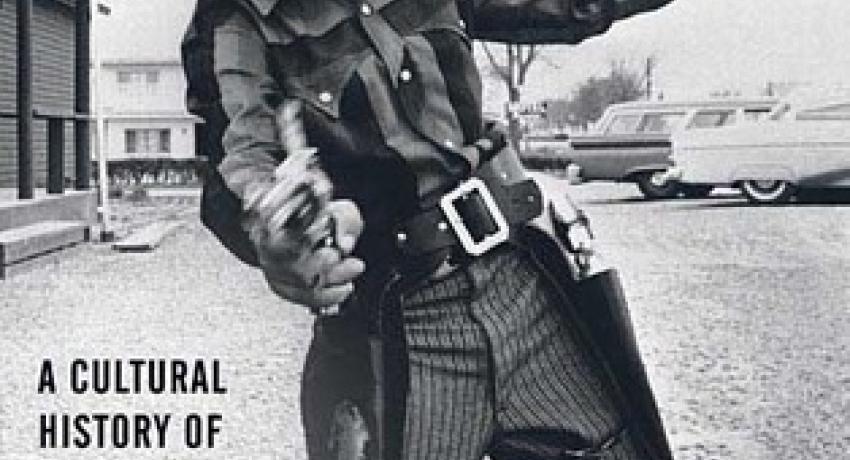In SAVAGE PASTIMES: A Cultural History of Violent Entertainment, Harold Schechter writes, "The current uproar over media sensationalism rests on two premises: that popular culture is significantly more vicious and depraved than it used to be, and that we live in uniquely violent times. Everyone seems to accept these propositions as the obvious, irrefutable truth. But what if everyone is wrong?"
Schechter, a bestselling true-crime author and professor, argues that exactly the opposite is true -- that without the outlet of violence in popular media, a basic human need would not be met and would have to be acted out in much more destructive ways. Schechter's corollary argument is that some of our bedrock beliefs about media are wrong, and that the movies and video games we enjoy today are much less violent than their equivalents throughout history.
For centuries extreme violence was synonymous with family entertainment, from beheadings in fifteenth-century French plays to blood-soaked Elizabethan revenge tragedies. And that is saying nothing of the actual public executions, attended by throngs of spectators of every age, whose screams are still echoing into the modern age.
Schechter also explains how the demonization of comic books at mid-century set up a pattern of equating testosterone-fueled entertainments with aggression. Even the fate of Mel Gibson in the movie Braveheart, which many would classify as overly violent, pales in comparison to the real execution of William Wallace, which was slow, excruciatingly painful, and public to the point that pieces of his dismembered body were displayed throughout Great Britain from London Bridge to Aberdeen. SAVAGE PASTIMES is a rich, eye-opening look at the history and truth behind the media-violence debates of the present day.

